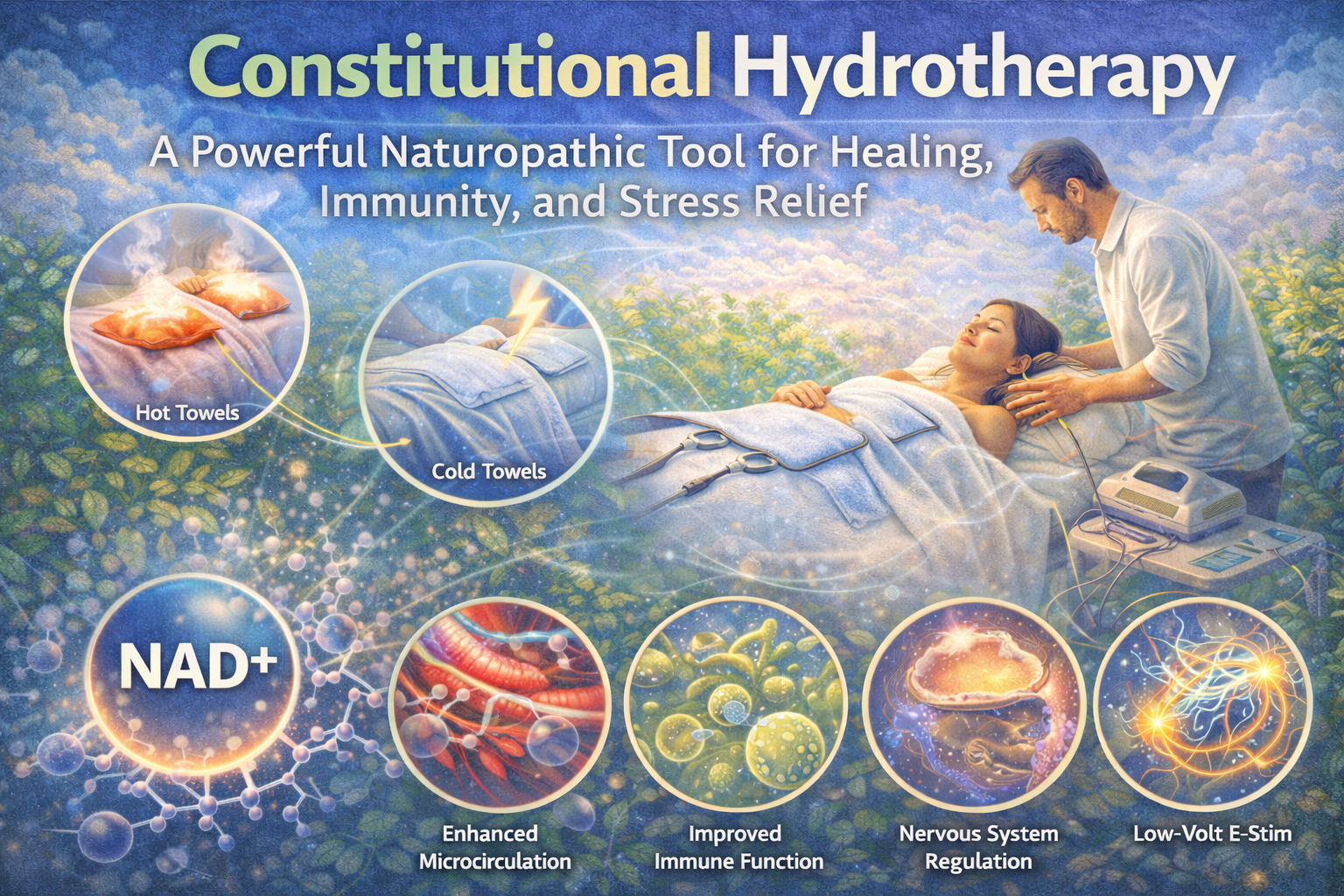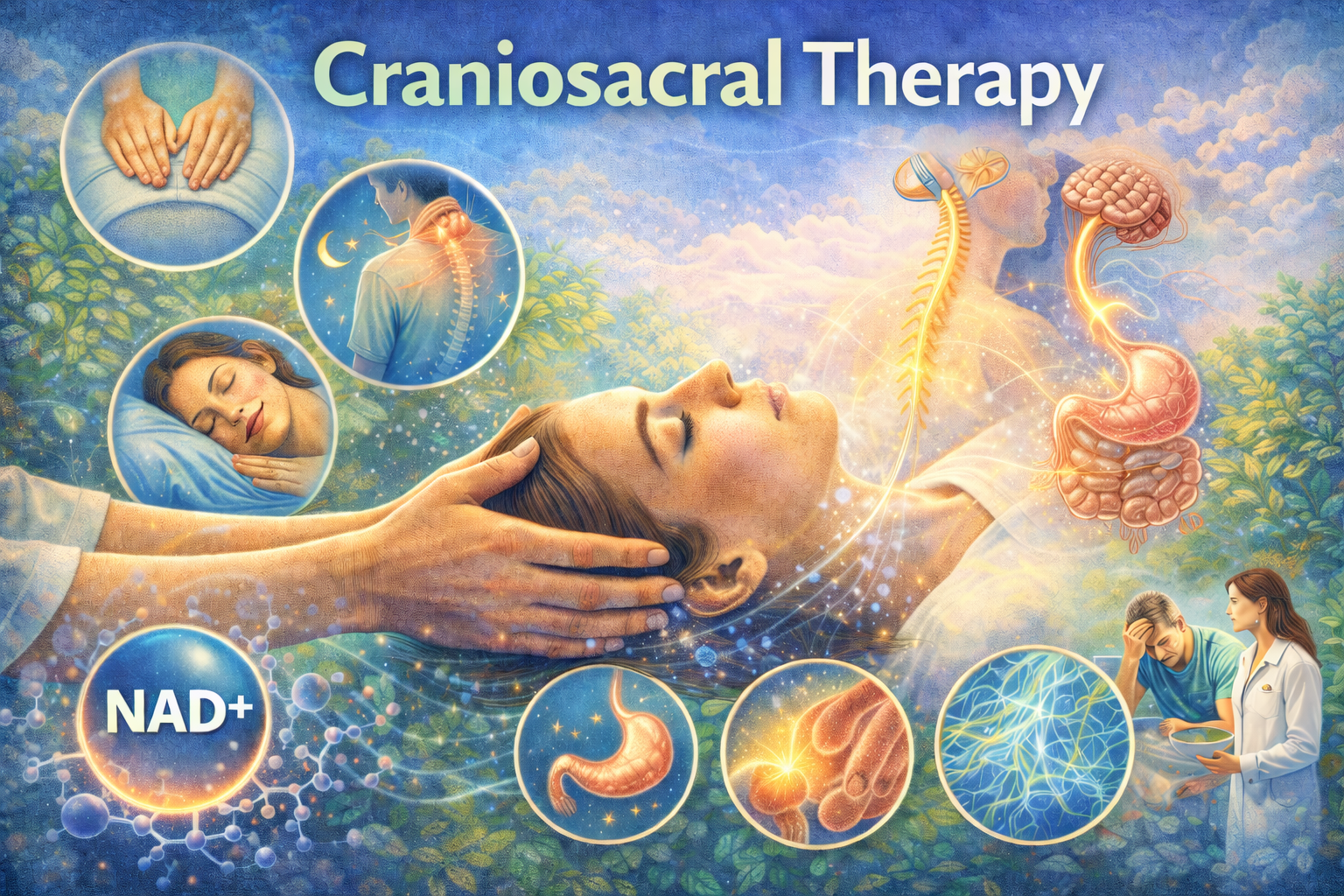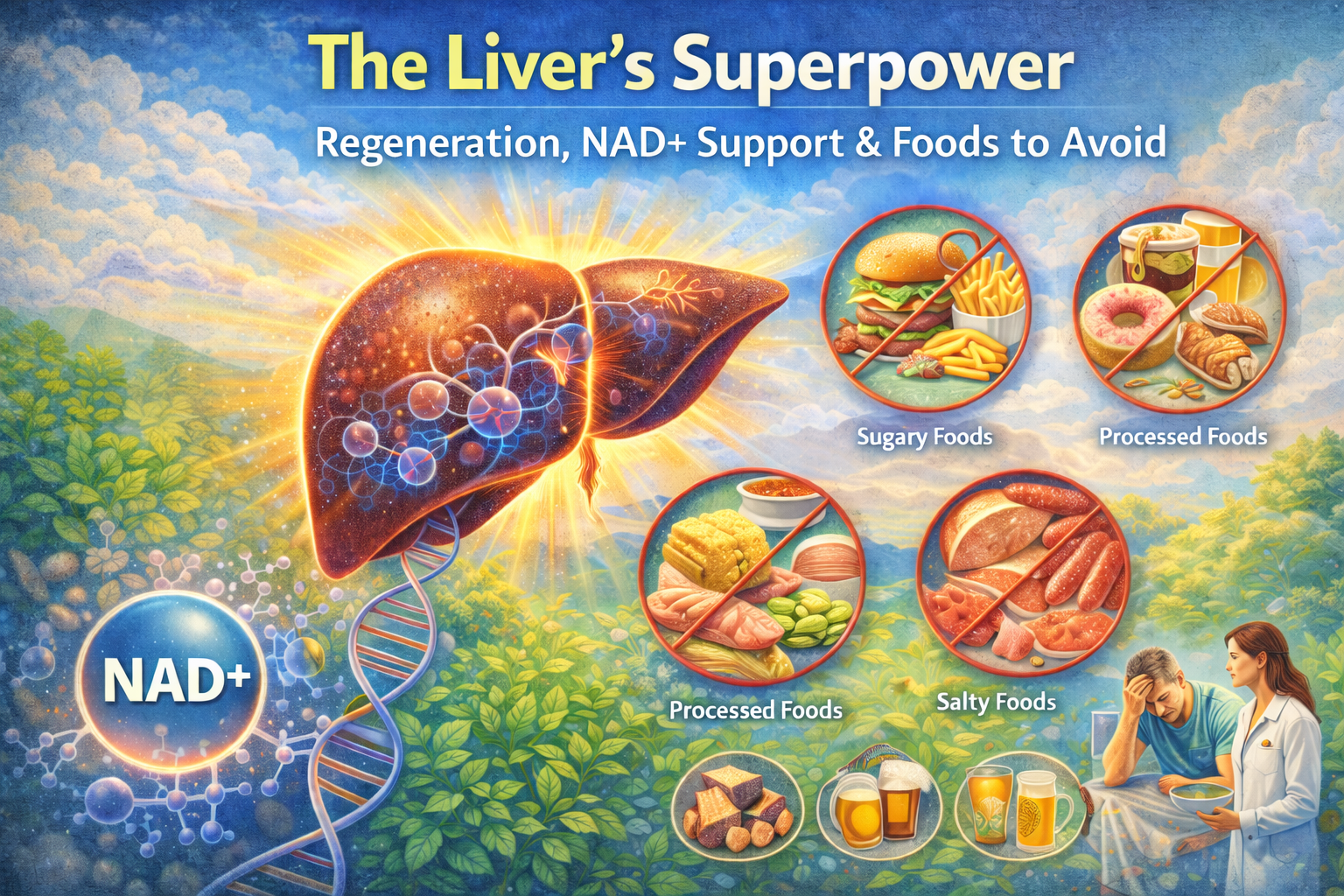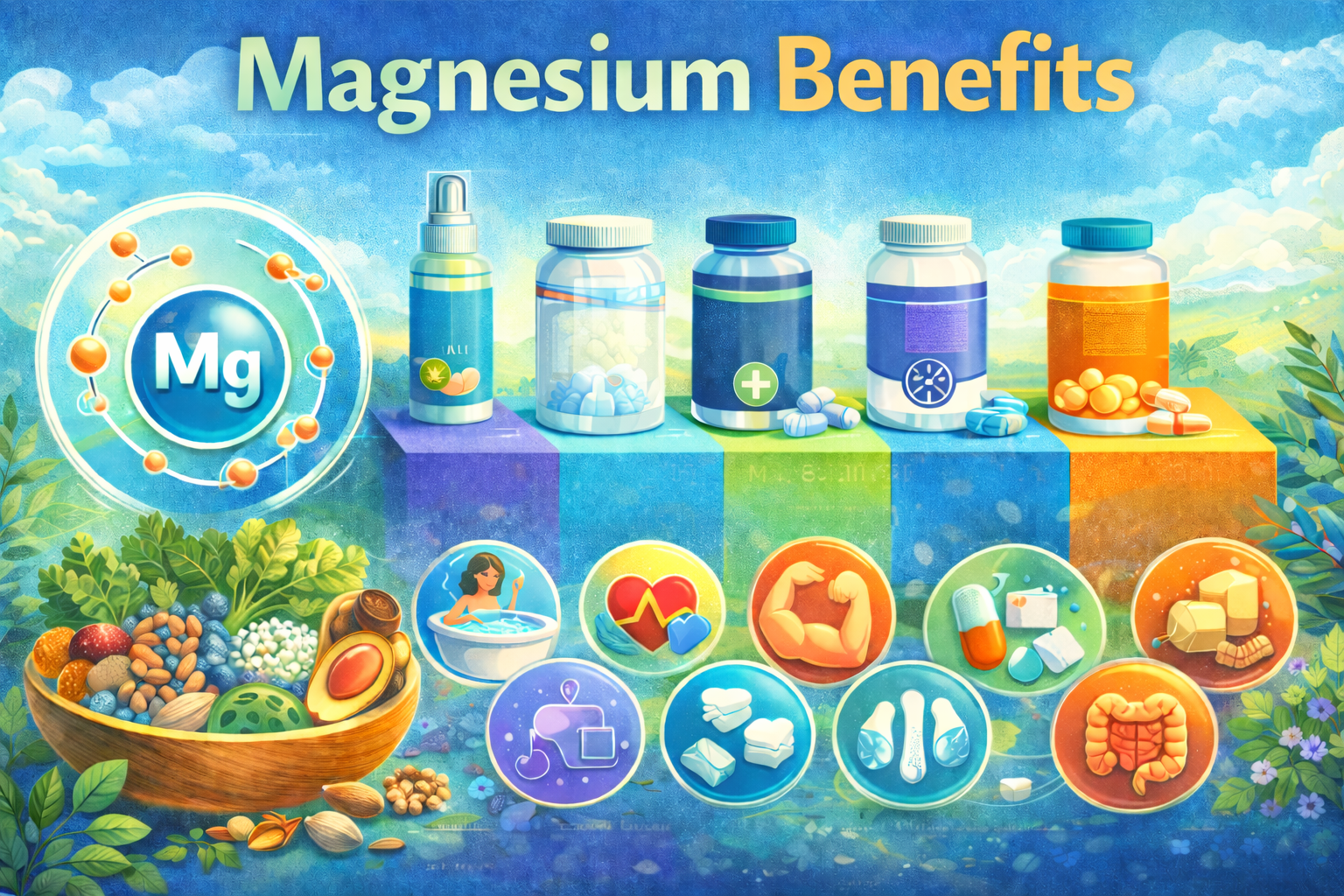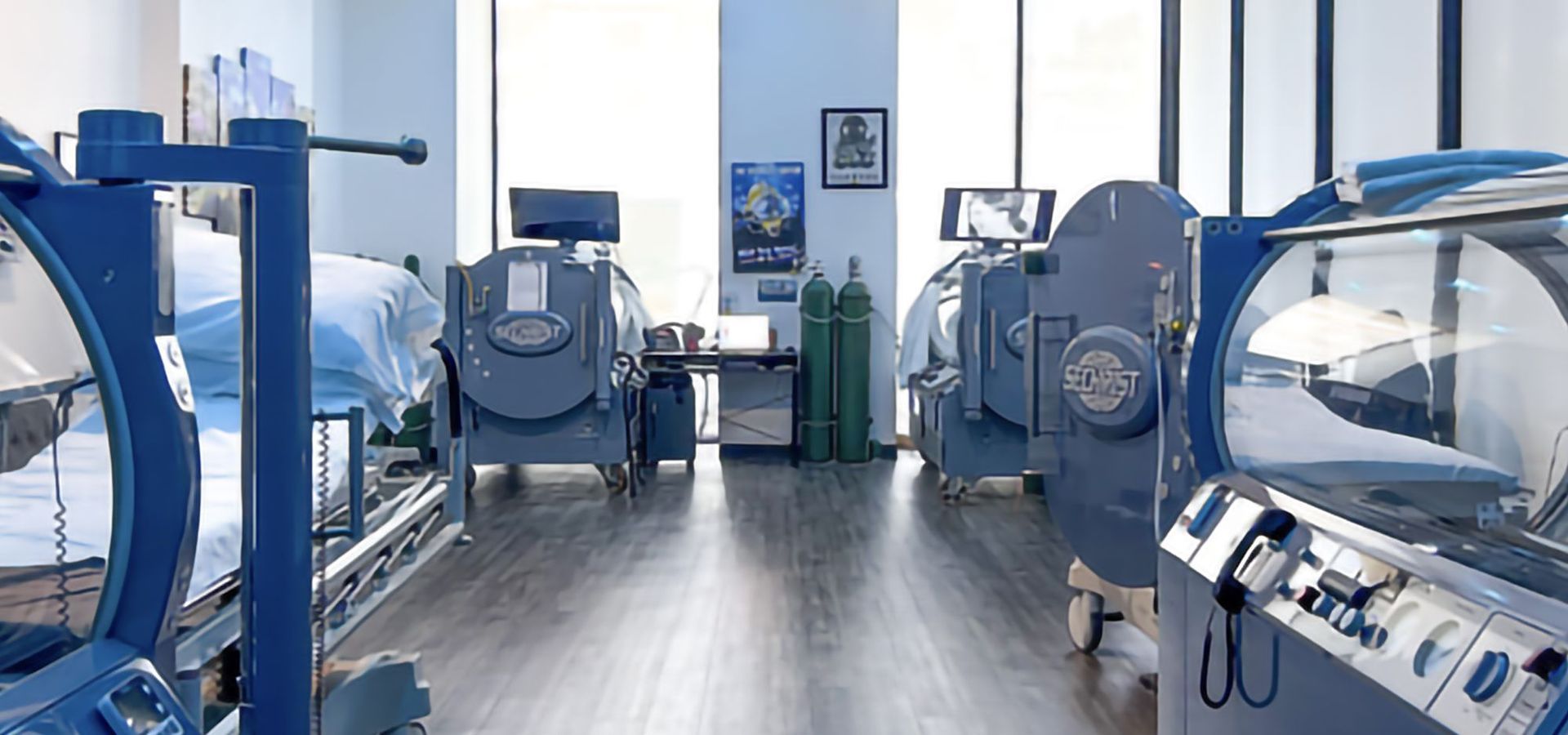The Role of EBOO in Managing Autoimmune Diseases
Exploring EBOO's workings, potential benefits, and current research surrounding its use in autoimmune conditions.
The Role of EBOO in Managing Autoimmune Diseases
Extracorporeal Blood Oxygenation and Ozonation (EBOO) is an innovative therapy that has sparked interest in its application for managing autoimmune diseases. This therapy involves withdrawing blood from the patient, which is then infused with oxygen and ozone before being reintroduced into the bloodstream.
Here, we explore EBOO's workings, potential benefits, and current research surrounding its use in autoimmune conditions.
Autoimmune Diseases Potentially Benefitted by EBOO
Extracorporeal Blood Oxygenation and Ozonation (EBOO) may hold potential benefits for a range of autoimmune diseases, where traditional therapies often only manage symptoms without addressing underlying immune dysfunctions. Diseases such as rheumatoid arthritis, systemic lupus erythematosus, and multiple sclerosis, which are characterized by chronic inflammation and immune system overactivity, could see therapeutic benefits from EBOO. The therapy may also be beneficial in conditions like psoriasis and inflammatory bowel disease, where localized inflammation is critical in disease pathology.
Detailed mechanism of EBOO
The foundational principle of EBOO lies in its ability to saturate the blood with high levels of ozone. During the EBOO process, blood is drawn from the patient and exposed to a controlled amount of ozone. This exposure induces a cascade of biological reactions: ozone dissolves into the plasma, forming peroxides known to have potent antimicrobial and immunostimulating effects. These peroxides can help inactivate bacteria, viruses, fungi, and yeast.
Furthermore, the oxidative stress caused by ozone exposure is thought to act as a mild stressor to the body, which can strengthen the antioxidant defense system and reduce chronic inflammation. This is particularly relevant in autoimmune conditions, where inflammation often results from an imbalanced immune response.
Additionally, EBOO is believed to improve blood flow and oxygen delivery to tissues, which can aid in repairing cells damaged by autoimmune attacks and enhance the overall healing process. In short, EBOO aids in the following ways:
- Oxidative modulation. Ozone in EBOO acts as a potent oxidant, which paradoxically may help regulate oxidative stress by prompting the body's antioxidant defenses to become more efficient. This oxidative modulation is critical in autoimmune diseases where oxidative stress underlies much of the tissue damage.
- Immunological reset. There is a hypothesis that EBOO may help "reset" the immune system. Exposuree to controlled oxidative stress might help reduce the abnormal immune response that targets the body's tissues. This aspect of EBOO could be particularly beneficial for autoimmune conditions like systemic lupus erythematosus or inflammatory bowel disease, where immune dysregulation is a significant problem.
- Vascular and microcirculatory benefits. Improved microcirculation and increased oxygen delivery to tissues can help mitigate the effects of chronic inflammation caused by autoimmune attacks, thereby supporting tissue healing and function.
Integrating EBOO into treatment protocols
Given its potential, EBOO might be considered as an adjunct therapy for autoimmune diseases. It could be handy in cases where traditional medications do not provide sufficient relief or cause significant side effects. Integrating EBOO into standard care requires careful consideration of individual patient profiles, disease severity, and ongoing treatments to avoid adverse interactions or complications.
Safety, side effects, and regulatory status
While EBOO is considered safe when performed under proper medical supervision, it carries risks similar to any extracorporeal circulation procedure. Adverse reactions specific to ozone, like mild ozone intoxication symptoms, can occur but are generally reversible and can be managed with appropriate medical oversight. It is crucial to note that EBOO is not meant to replace traditional medicine but rather to support its efforts as a complementary treatment. A certified professional must administer the therapy in an environment aligned with all safety protocols.
Conclusion
EBOO offers a promising approach to managing autoimmune diseases. Its full potential and place in therapy will depend heavily on further research and clinical validation. For those interested in exploring EBOO, a detailed consultation with healthcare providers specializing in oxidative therapies and autoimmune management is crucial to assess its appropriateness and ensure the best possible outcomes.
If you are considering EBOO as part of your health regimen, Ecore's specialized services offer expert guidance and treatment in oxidative therapies. Contact Ecore today to schedule a consultation and learn how our EBOO services can be tailored to support your health and wellness goals.
